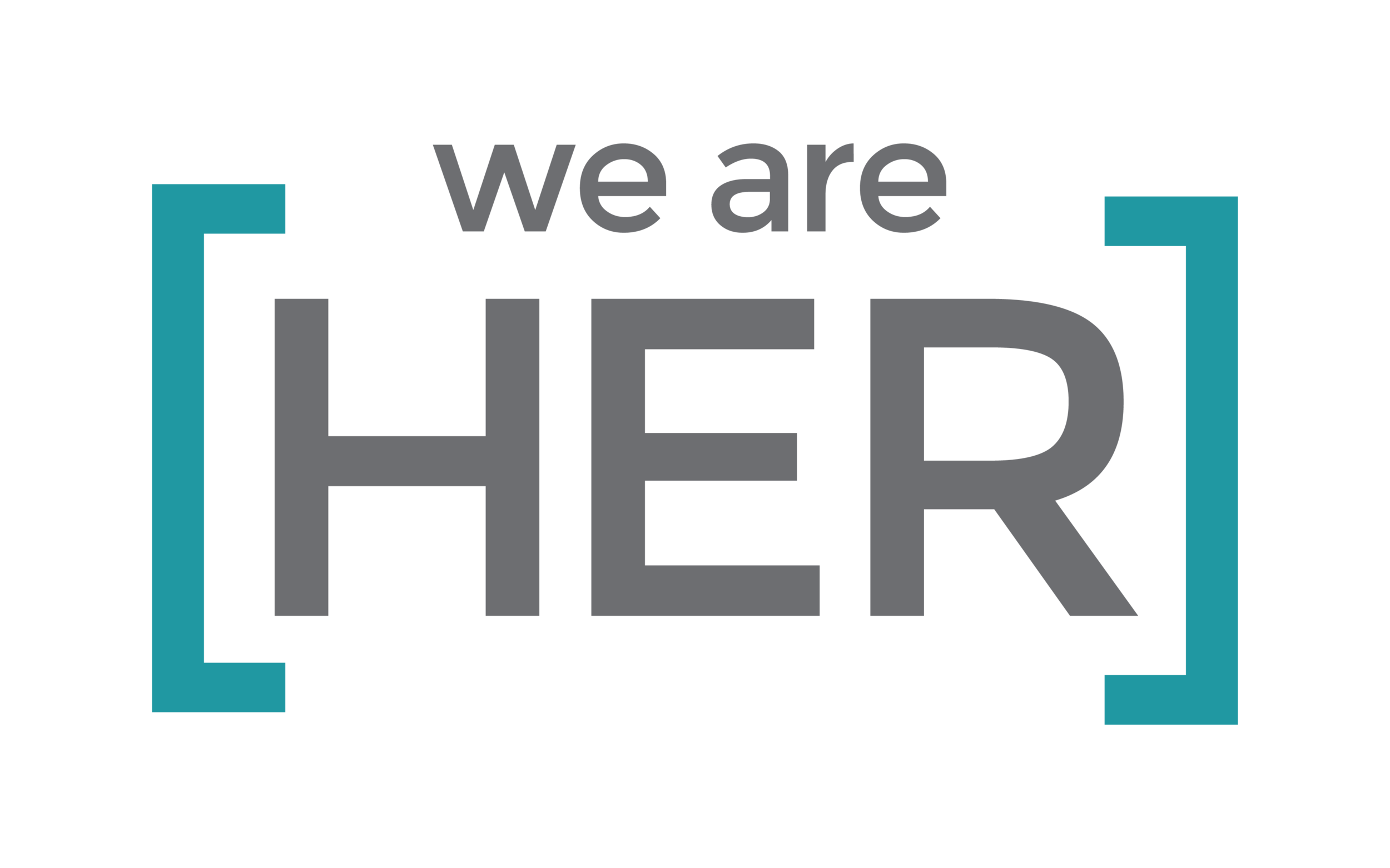DBT- How You Can Use Dialectics to Validate Your Emotions
In many cases, after suffering from abuse you may find yourself in extremes when dealing with emotions. Something that has really helped me sort out my emotions is Dialectical Behavior Therapy (DBT). DBT is a type of cognitive therapy that aims to replace problems and problem behaviors with skillful behaviors as well as create a life worth living. As corny as it might sound, DBT has changed my life in helping me rewire my brain to better deal with my emotions and has played a huge role in my healing from sexual abuse.
“...DBT stresses validation, which is definitely something we all need.”
One of the most important parts of DBT is the dialectics aspect of it. Dialectical means that two things can both be opposite and true at the same time. I think that this part is definitely important for survivors because DBT stresses validation which is definitely something we all need. This teaches that nothing has one absolute truth: there is more than one way to view a situation and each way can be valid.
For example, before I went through DBT I would say something along the lines of “I am strong, but I was sexually assaulted”. I cannot stress how unhealthy this thinking is, as I am invalidating the statement that I am strong and telling myself that I am weak because I was sexually assaulted. However, if I think dialectically, I can say “I am strong, AND I was sexually assaulted”, which honors both sides of the conflict by providing two opposite statements that both have truth. By using ‘and’ statements instead of ‘but’ statements, you are accepting that the abuse happened AND that you can recover from this, and you can stop allowing the abuse to define you. Just because you have gone through these heinous acts, it doesn’t mean you have to let them define you. Find your truth in accepting that what has happened is over, and that you can move forward and heal from this.
-KelseyFlanagan

